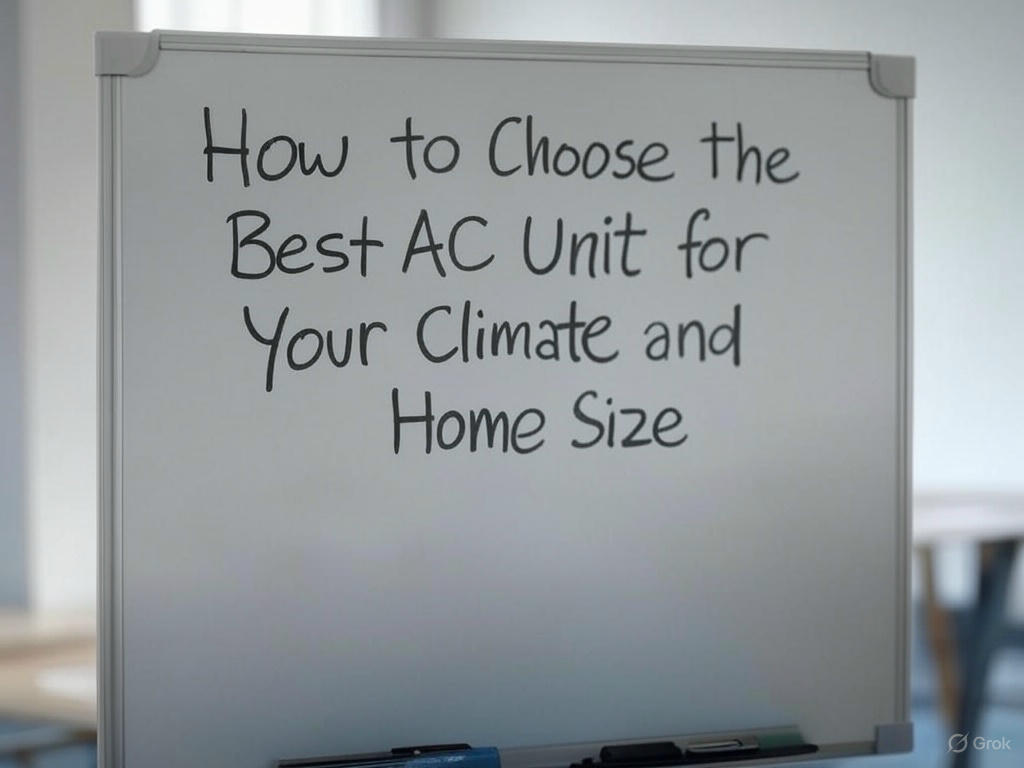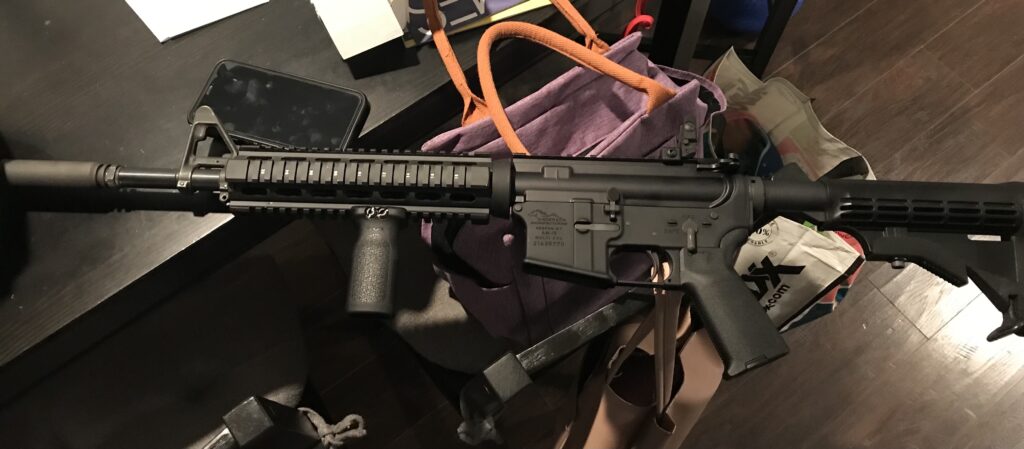Choosing a new air conditioning unit isn’t just about picking the biggest or most expensive system. It’s about finding a unit that fits both your home’s size and your local climate perfectly.
An AC that’s too small won’t cool your home properly, while one that’s too large will cycle on and off too frequently, leading to higher energy bills and unnecessary wear and tear.
Here’s everything you need to know to make the smartest choice for your comfort and your wallet.
1. Understand Your Local Climate
First things first: Climate matters.
The needs of a home in a humid, tropical region are very different from a home in a dry, desert-like area.
- Hot and humid areas: You’ll want an AC that’s strong enough not just to cool but also to manage humidity. Look for systems with excellent dehumidifying capabilities.
- Hot and dry areas: Efficiency and air movement become key. A system with powerful airflow and high energy efficiency ratings will perform better.
- Mild climates: You may be able to opt for a smaller, less powerful system that still keeps your home comfortable without wasting energy.
Knowing your climate helps you focus on models built to handle your specific weather challenges.
2. Calculate the Right Size for Your Home
Getting the size right is critical.
A professional typically uses something called a Manual J Load Calculation to determine exactly how much cooling your home needs.
Factors considered include:
- Square footage
- Number of windows and doors
- Insulation quality
- Ceiling height
- Sun exposure
As a rough estimate, most homes need about 20 BTUs (British Thermal Units) per square foot of living space.
However, it’s always better to get a professional assessment to avoid under- or over-sizing mistakes.
3. Look at Energy Efficiency Ratings
Higher energy efficiency means lower utility bills and less environmental impact over time.
When comparing AC units, pay attention to:
- SEER (Seasonal Energy Efficiency Ratio): The higher the SEER rating, the better the efficiency.
- ENERGY STAR® certification: Units with this label meet strict efficiency standards set by the EPA.
Choosing an energy-efficient system might cost more upfront, but it will save you thousands over the system’s lifespan.
4. Choose Between Central, Ductless, or Hybrid Systems
Different types of AC systems offer different advantages:
- Central Air Conditioning: Best for cooling entire homes; requires ductwork.
- Ductless Mini-Split Systems: Ideal for homes without existing ducts or for room-by-room control.
- Hybrid Systems: Combine a heat pump with a furnace for year-round efficiency, perfect for areas with hot summers and cool winters.
The best choice depends on your home’s current setup, your budget, and how much control you want over different zones in your house.
5. Don’t Forget About Features and Technology
Modern AC units come with a variety of smart features that make cooling easier and more efficient:
- Smart Thermostat compatibility
- Variable speed motors for quieter, more consistent cooling
- Advanced air filtration for cleaner indoor air
- Humidity control features
These extras can enhance your home’s comfort and health while also saving energy.
Final Thoughts
Choosing the right AC unit for your climate and home size can feel overwhelming, but with the right guidance, you can find a system that keeps your family comfortable for years to come.
If you’re ready to find the perfect cooling solution, the experts at Elite Plumbing, Heating & Air Conditioning are here to help. From professional load calculations to expert installations, we’ll make sure you get an AC system that’s a perfect fit for your home and lifestyle.
Stay cool, stay comfortable — with Elite Plumbing, Heating & Air Conditioning by your side!




